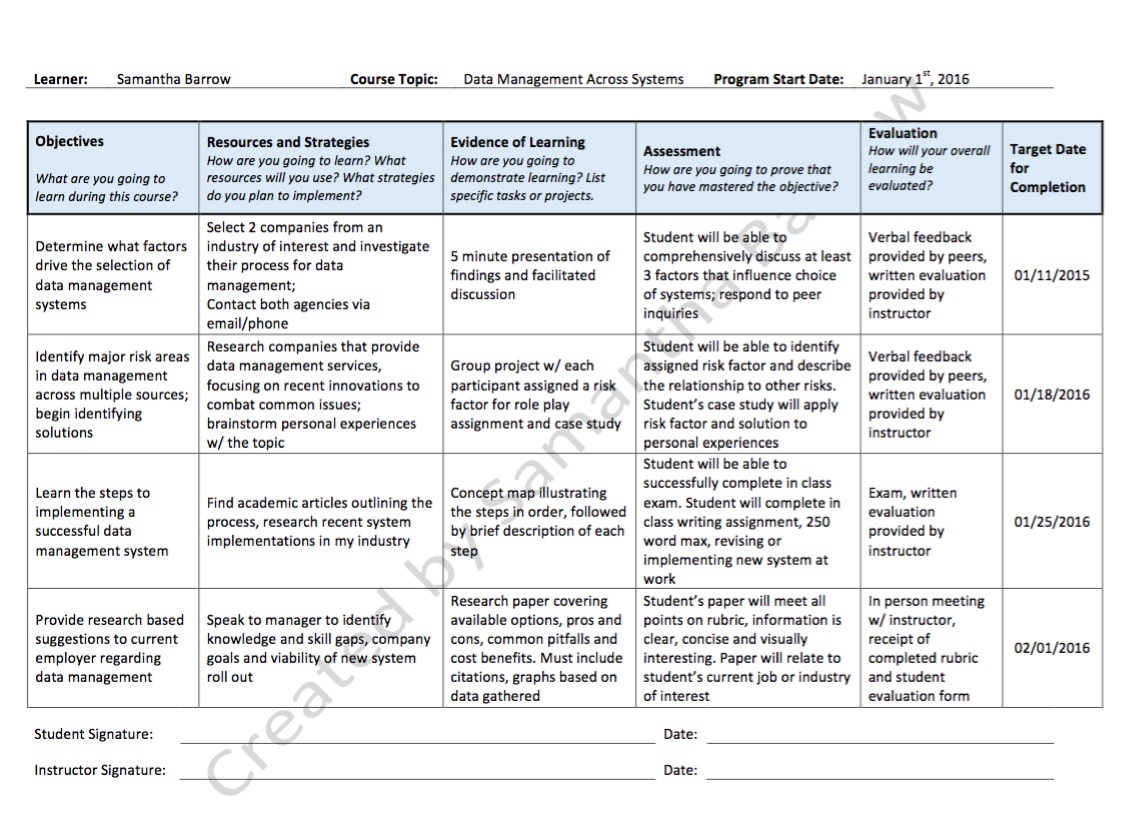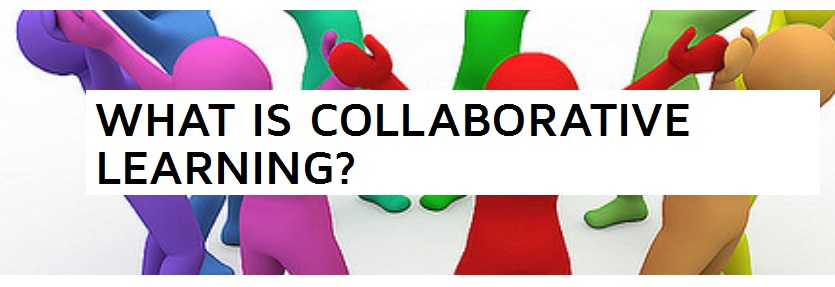Sometimes a word is more than that. “I’m stupid about this stuff.” I’d heard this phrase from a family member as she spoke about saving docs to Google Drive. “I felt stupid asking for help.” I’d heard this phrase from a friend as she described searching for tools in a hardware store. “I’m stupid....
Task Mapping – Learning New Words
In possessing fluency in the English language, educators sometimes forget how much prior knowledge is required to learn a new word. In the last week, I’ve found myself explaining the concept of task mapping often. It’s an extremely valuable technique that can be used to break down a task into its smallest parts, allowing...
Utilizing Confirming and Corrective Feedback
A Familiar Scenario Imagine you spent an entire weekend writing a paper for your Instructional Design course. It’s a lot of work and you’re unfamiliar with the content. You dedicate a few hours to reviewing the syllabus, assignment description and resources and you feel pretty confident in your final result. When you get the...
Program Evaluation in Adult Learning Environments
A Little About this Project Although this case study focused on my role and the product my company was selling, the key components of evaluation remain the same. As you read through this article, consider how you currently evaluate success in your role and in your company. How does it compare to what is...
Using Inter-team Collaborations to Promote Critical Thinking Skills
This is part of a 3-part series focusing on applying adult learning theory in the workplace. To see the other articles, view A Brief Intro to Adult Learning Theory and Self Directed Learning as a Training Solution Current Problem Teams across 15 campuses are finding it increasingly difficult to track information and share it with...
A Brief Intro to Adult Learning Theory
There’s a lot of info about learning theory in the early years, but what about for adults? That’s the first question every adult educator should start with. Unlike K-12 education, there aren’t strict governing bodies that inform every decision made in adult education. Instead, our community depends on years of independent and industry research...
Self Directed Learning as a Training Solution
This is part of a 3-part series focusing on applying adult learning theory in the workplace. To see the other articles, view A Brief Intro to Adult Learning Theory and Using Inter-team Collaborations to Promote Critical Thinking Skills. Current Problem Where I currently work, we are finding that our instructors need and crave more targeted...
Using Learning Contracts to Facilitate Success
Learning contracts can be a great tool to clearly define course or training expectations for the instructor/trainer and the student/employee. Although an employer may hope that information provided in a training environment is clear and relevant, it’s necessary to take into account context. Your audience needs to know why they are learning this information...
Collaborative Learning in Adult Education
Given as a project in my Processes and Methods course, this website was created to explain the what, why and how of collaborative learning. The most concise definition I’ve found comes from Cornell University for Teaching Excellence (quote below): Collaborative learning is based on the view that knowledge is a social construct. Collaborative activities...
Creating A Positive Learning Environment
If you haven’t gotten a chance to, I highly recommend reading Ralph Brockett’s Teaching Adults: A Practical Guide for New Teachers. Assigned in my Processes and Methods course, it is wonderfully written and addresses many of the common concerns facing new teachers, or those who, after evaluating their current positions, find themselves in this...










